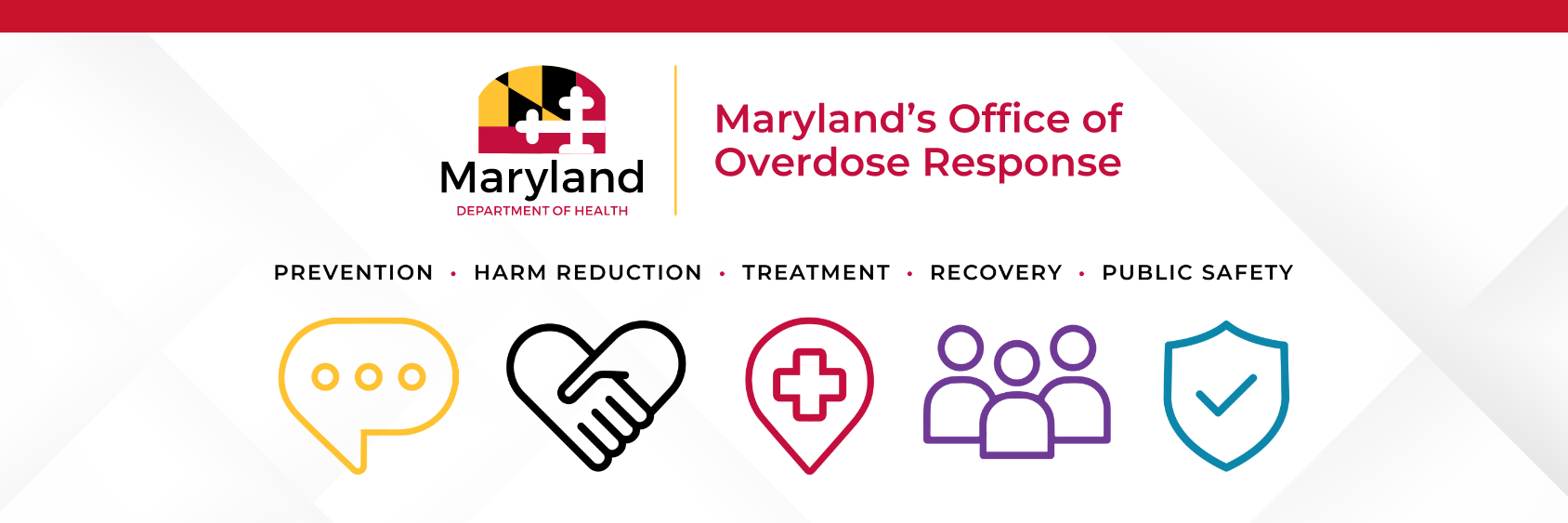Prescription Drug Monitoring Program Delivers Critical Information to Providers 1,000,000 Times Per Month
Maryland Department of Health Shares Prescribing Information on Controlled Substances
December 3, 2018
ANNAPOLIS, MD – As part of Governor Larry Hogan’s fight against the heroin and opioid epidemic in Maryland, effective July 1, 2018, health care prescribers and pharmacists are required to check the Prescription Drug Monitoring Program (PDMP) in certain prescribing or dispensing situations, such as before beginning a new course of treatment with opioids or benzodiazepines. The Hogan Administration championed legislation expanding the PDMP with this requirement, as well as requiring mandatory registration for all providers that have a license to prescribe or dispense controlled dangerous substances.
Since July 1, 2018, dispensing information on drugs that contain controlled dangerous substances (CDS) has been shared with health care providers at the point of care more than 1,000,000 times per month.
“Use of prescription information improves the ability for health care prescribers and pharmacists to manage the benefits and risks of controlled substance medications and to identify potentially harmful drug interactions,” said Maryland Department of Health Secretary Robert R. Neall.
The PDMP, implemented by the Maryland Department of Health’s Behavioral Health Administration, collects and securely stores information on drugs that contain CDS and are dispensed to patients in Maryland. Drug dispensers — health care providers and pharmacists — electronically report the information that is stored in the PDMP database.
Access to prescription data is made available at no cost to health care providers and pharmacists through the Chesapeake Regional Information System (CRISP), Maryland’s state-designated health information exchange. The information is delivered through the secure, web-based portal and directly within electronic health record systems. The number of prescription data accessed has more than doubled over the last six months, with almost 250,000 queries each week. This accomplishment is a result of PDMP and CRISP prioritizing innovative methods of delivering PDMP data within the electronic workflow.
In addition to partnering with CRISP, collaboration between MedChi-The Maryland State Medical Society, the Maryland Hospital Association, and patient advocates has helped with the success of this important program.
Fighting the heroin and opioid epidemic in Maryland has been a top priority of the Hogan-Rutherford administration. The Maryland Department of Health, in partnership with the Opioid Operational Command Center, and other state agencies, continues to collaborate with federal, state, and local partners to fight to reduce the number of overdoses and resulting fatalities in a multitude of ways, among them the PDMP.
Before It’s Too Late is the state’s effort to bring awareness to this epidemic—and to mobilize resources for effective prevention, treatment, and recovery. Marylanders grappling with a substance use disorder can find help at BeforeItsTooLateMD.org or by calling 211 and pressing 1. Additional support is available through MDCrisisConnect.org, which has information on both text and chat features.


 1-888-373-7888
1-888-373-7888 233733
233733